 Today, Sunday, is Zayin Adar, the Yartzheit of Moshe Rabbeinu. It is a day that Chevra Kaddisha’s around the globe hold as a fast day, and is a day sacred and special to them. In honor of Zayin Adar, we present the following true story which took place two weeks ago. It was written by Rabbi Ari Sytner the rabbi of the Brith Sholom Beth Israel Synagogue of Charleston South Carolina.
Today, Sunday, is Zayin Adar, the Yartzheit of Moshe Rabbeinu. It is a day that Chevra Kaddisha’s around the globe hold as a fast day, and is a day sacred and special to them. In honor of Zayin Adar, we present the following true story which took place two weeks ago. It was written by Rabbi Ari Sytner the rabbi of the Brith Sholom Beth Israel Synagogue of Charleston South Carolina.
At 11 pm on Thursday night, I received a call from the Charleston County Coroner’s office. I was told that an elderly man had passed away – and he had no family in Charleston, was not affiliated with a synagogue, and he lived all alone in North Charleston. I asked why they called me, and I was told that he had numbers tattooed on his arm – and was a Holocaust survivor. I couldn’t quite understand how it was possible that a survivor lived in our community that we did not know of.
I don’t know what compelled me to do this, but I “Googled” his name, and sure enough it turned out that he was an author who had recently published a book. The book he wrote was a description all about his rage and bitter anger that he was holding against G-d for the crimes of the Holocaust.
Sure enough on Friday morning, I received a call from this man’s son who lives in England. I immediately asked how I could helpful to their family, to which he responded with something I never thought I would ever hear. He said, “well, my father really wanted to rejoin his parents and all his siblings, and thus, he wanted to be cremated and have the same experience that they all had”.
I had a very difficult time processing this information. I have never heard of a survivor of the Holocaust that would voluntarily want to be cremated. I asked if there was any way that I could ask the family to reconsider. To which the son told me, “there is one thing”. He then told me that if perhaps we could bury their father in Jerusalem, that might serve as a meaningful alternative.
Not wanting to lose this overseas call, I asked him to hold, while I called some connections that I have at Misaskim, and explained the situation to them. I then conferenced the two calls together and spent over an hour negotiating to prevent the cremation, and all the needs, arrangements and finances of this transaction.
Sure enough, the family agreed! The only caveat was that we had to work within a very quick time-frame – otherwise, they felt that if it would take too many days to carry out – it was no longer a proper Jewish burial, at which point the cremation option was back on the table.
As fast as I could, I called Stuhrs Funeral Home and asked them to go to the MUSC morgue and help arrange to transport the body to New York – so that he can be sent to Israel ASAP.
An hour later, as the clock was ticking closer and closer to Shabbos, I got a call from Stuhrs, stating that morgue would not release the body from the coroners care without having a family member first come to identify the body.
This setback would delay the process by several days, and likely cause the entire plan to fall apart! All I was able to do was look up Hashem and pray. I asked G-d to please give this man the burial that his entire family was robbed of.
I then called the coroner that I had spoken to the night before and explained to her the sensitive nature of the situation. I could not believe the words that she said to me next. She said, “Rabbi, by your word, if you tell me to release the body, then consider the body released – effective immediately”.
With chills running down my spine and tears in my eyes, I thanked her profusely and blessed her. Sure enough, from that point on – everything came together like clock-work. Within a few hours, the Niftar was removed from the local Coroners office, and placed into a Stuhrs Funeral Home, where a Shomer was arranged to spend Shabbos reciting Tehillim with the Niftar. On Sunday morning, Misaskim arranged for the body to be flown to NY, where a Tahara was performed, and was placed onto a Sunday evening flight to Eretz Yisroel for Kevura.
When stories like these transpire, I sigh in awe and remind myself that I am merely the puppet. I can do my best, but ultimately, G-d is in charge. Why is it that the survivor – through a string of miracles – not only was he not cremated, but given the holiest burial possible? I am not a prophet, magician or a miracle worker – I am just the puppet, and G-d is pulling the strings.
I stayed up many nights thinking about this survivor. He had every right to be angry with G-d, and after all he had been through, how could anyone blame him? However, it is almost as if in the end, G-d said to him, “look, you may be very angry with me, I understand that, but you should know that I have, and will always love you, and I have not, nor will I ever abandoned you – even to the grave”.
Today is the 7th day of Adar. As is the custom, our local Chevra Kadisha will join their counterparts around the world as we take part in a feast to honor the work of these great men and women.
At our dinner, I plan on sharing this story and conveying that the greatest part of being on the Chevra Kadisha, like all good volunteers, put forth our efforts, volunteer our energy, time and money – but, at the end of the day, we are the ones that are honored – because we are carrying out the work of Hashem.
And as G-d continues to pull those strings, I will continue to be grateful for granting me the honor to be one of His puppets.
(C. Schwartz – YWN)


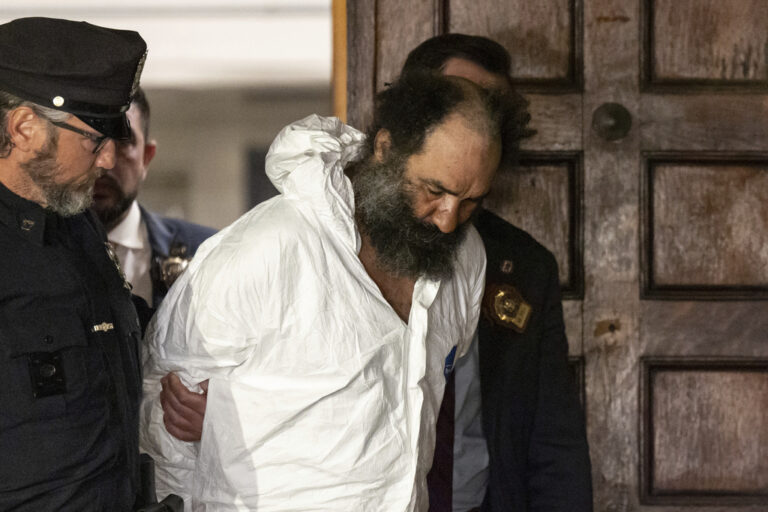
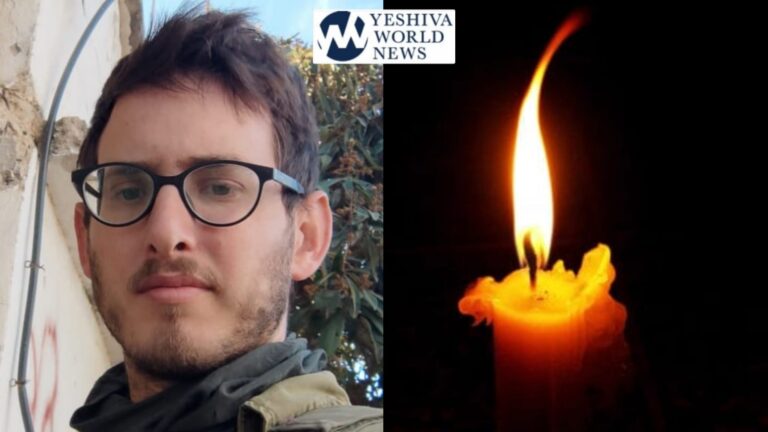
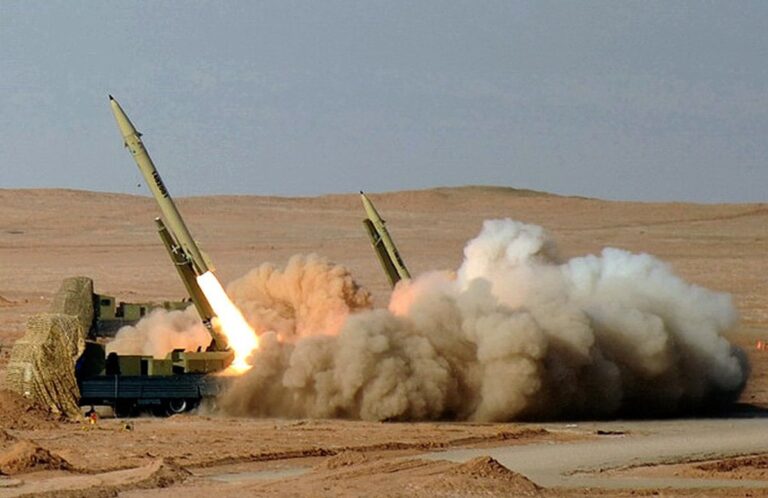

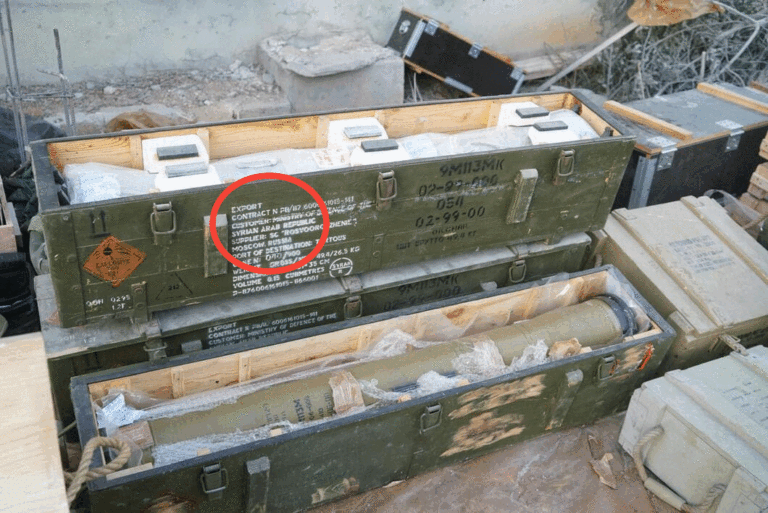



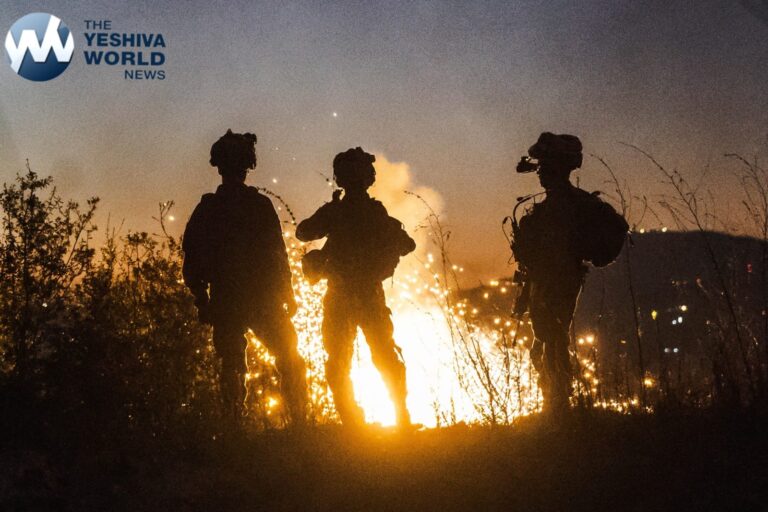
8 Responses
This story is truely amazing! I had tears in my eyes…May Hashem Bless Rabbi Sytner (Rav of Charleston SC) and the Misaskim organization with continued Siyata DIshmaya in the wonderful far reaching work that you do. Chazak Ubaruch!
This is truely an inspiring story, how wonderous are the workings of Hashem. Kudos to Rabbi Sytner and Misaskim.
And YWN can be the puppet of Misaskim
So now I am speechless! (that may have some posters on this site VERY happy!!)
#3, you can learn from Mark Levine how to respond. If I’d have such a wonderful pen you possess, I’d conceal it. If I’d talk the way you do, I would think I’m the Satan’s puppet. I have already used Misaskim. I’m telling you, there is no way you can describe their dedication. And here you go and anonymously bash Yeshiva World for sharing such a wonderful and emotional story involving Misaskim. Do you know that in many places in Europe (and I believe many Kehillos do so till today) there were Hespedim on this day. Slichos was said and stories of this sort was told. You should really think before using your wonderful pen, next time in better taste.
Thank you for sharing this moving story,
but PLEASE correct probable typo in the second sentence at the beginning.
It is not a fast day! It is a day we share a meal, learn together and contemplate our purpose and how we can improve.
Thank you
What a wonderful story that you have shared with the readers. May H’KBH grant much koach, and an abundance of HAGEFEN with arichas yamim to all involved for their avodos hakodesh! Me Kaamcha Yisrael!
#6- 7 adar IS a fast day.
i am in the chevra kaddisha for 16 years, and we fas every single year.
the dinner that many people attend in honor of the chevra kaddish at night is when we break our fast.
just wanted to set the record straight.